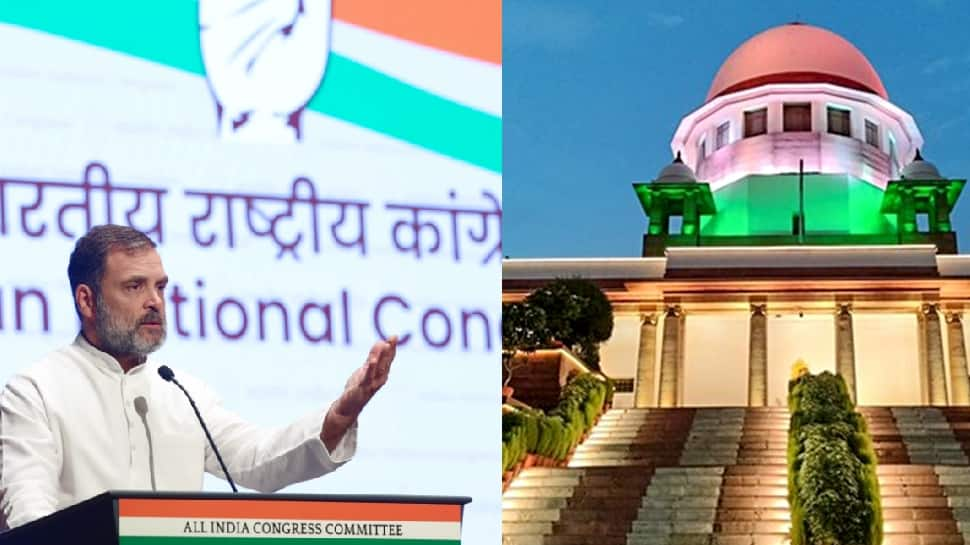 |
|
The Congress party's recent Supreme Court petition in support of the Places of Worship (Special Provisions) Act, 1991, has ignited a significant political debate in India, particularly in the context of the upcoming Delhi Assembly elections. The timing of the petition, filed just before the polls, is being interpreted by many as a calculated attempt by the Congress to garner the support of the Muslim community, a crucial segment of the Delhi electorate estimated to comprise around 13%. This strategic move is seen as an attempt to counter the BJP and AAP, who have been focusing on Hindutva issues in their election campaigns. The Congress, by aligning itself with the 1991 Act, seeks to portray itself as a protector of minority rights and religious harmony, a position that is expected to resonate with Muslim voters. The petition highlights the Congress's role in enacting the Act in 1991, emphasizing that any amendments would disrupt India's social harmony and secular fabric. This clear stance aims to solidify the party's image as a defender of the existing legal framework protecting places of worship.
The choice of Seelampur, a constituency with a high Muslim population, as the starting point for Rahul Gandhi's election campaign further underscores the Congress's focused approach toward this voter segment. Gandhi's campaign rhetoric has largely revolved around minority issues, making the party's petition a logical extension of its election strategy. The Act itself has been the subject of numerous controversies. Several claims allege the existence of temples at sites where mosques now stand, leading to demands for surveys and potential legal battles. The cases of the Jama Masjid in Sambhal, Gyanvapi Mosque in Kashi, Shahi Eidgah in Mathura, and Bhojshala in Madhya Pradesh highlight the contentious nature of the issue and the potential for further polarization. By openly supporting the Act, Congress aims to position itself against any attempts to alter the status quo, thereby appealing to a significant portion of the electorate that views such attempts with suspicion and concern. This move potentially preempts BJP's attempts to mobilize Hindu voters using the same contentious issue.
However, the efficacy of this political maneuver remains debatable. While it could successfully attract Muslim voters, it also carries the risk of alienating other sections of the electorate. The BJP and AAP are likely to criticize this move as appeasement politics, potentially diminishing the positive impact on the Muslim vote bank. The perception of the Congress's action as a mere vote-bank strategy could prove counterproductive. Furthermore, the success of this approach also depends on factors beyond the party's control, including the overall political climate, the effectiveness of the Congress's broader campaign strategy, and the decisions made by other political parties. The Delhi elections are likely to be fiercely contested, and the outcome will depend on a complex interplay of factors, including the Congress's success in balancing its commitment to minority rights with the need to appeal to a wider voter base. The impact of this petition on the electorate remains to be seen. It remains a risky yet calculated gamble for a party that needs a significant breakthrough in the upcoming elections to reaffirm its relevance in Indian politics.
The Congress party's strategy showcases a delicate balancing act. While aiming to secure the Muslim vote bank, it runs the risk of antagonizing other segments of the population. This calculation highlights the intricacies of Indian politics, where religious identity and socio-political issues frequently intertwine. The success of this strategy will be judged not only by its impact on the upcoming Delhi elections but also by its broader implications for the party's future national prospects. The petition underscores the intense political stakes involved and the strategic maneuvering inherent in the Indian electoral landscape. The coming weeks will reveal whether this bold move proves to be a masterstroke or a miscalculation for the Congress party in its quest for electoral success.
